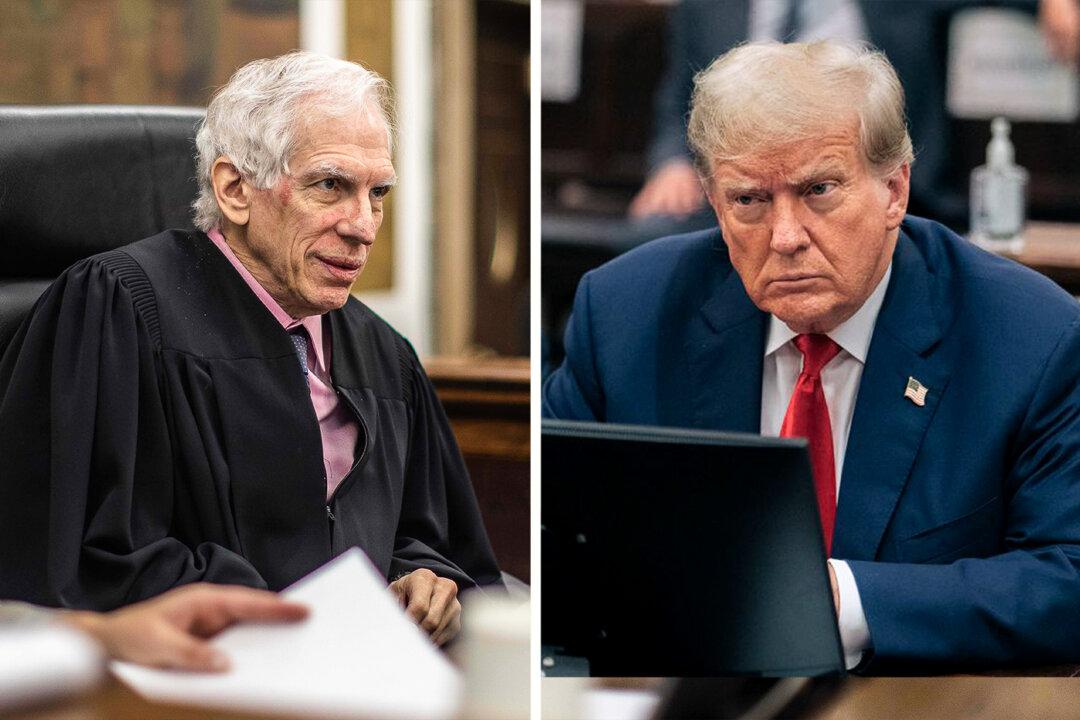Former President Donald Trump’s attorney confirmed on Wednesday that he is seeking a counter-judgment in his client’s $355 million civil fraud trial, according to court papers.
The lawyer, Clifford Robert, submitted a letter in the New York City civil court to Judge Arthur Engoron, saying that the ruling and ban on President Trump from doing business in the state for several years was unfair. Notably, he argued, the former president was denied the chance to speak against the ruling before the judge filed it.





